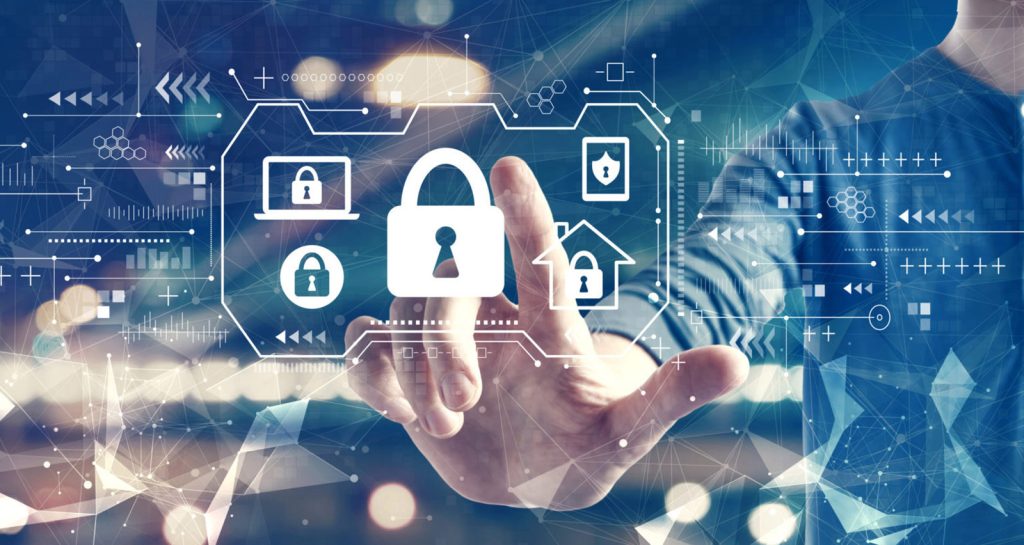Advancements in computer forensics have played a significant role in unlocking encrypted data, revolutionizing the field of digital investigations. Encryption, which is the process of encoding information to prevent unauthorized access, has become increasingly prevalent as individuals and organizations strive to protect their sensitive data. However, this rise in encryption has posed challenges for investigators who need to access crucial information for criminal investigations, cybersecurity incidents or intelligence gathering. One of the key advancements in unlocking encrypted data is the development of more sophisticated decryption techniques. Traditional brute-force methods, which involve trying every possible key combination, are often time-consuming and resource-intensive. However, with the advancement of computational power and specialized hardware, forensic experts can now employ more efficient decryption algorithms. These algorithms leverage parallel processing and advanced mathematical techniques to significantly speed up the process of decrypting data, reducing the time required to access critical information.

Moreover, advancements in cryptanalysis, the study of encryption systems and their vulnerabilities, have contributed to unlocking encrypted data. Cryptanalysts work to identify weaknesses in encryption algorithms, such as mathematical flaws or implementation errors that can be exploited to break encryption. By leveraging their expertise and utilizing cutting-edge tools, cryptanalysts have made significant breakthroughs in decrypting previously thought-to-be secure algorithms. These advancements enable computer forensic experts to access encrypted data that was once considered impenetrable. Another area of advancement in unlocking encrypted data lies in the field of memory forensics. Memory forensics involves extracting and analyzing volatile data from computer memory, which can contain valuable encryption keys or decrypted information. Techniques such as live memory acquisition and analysis allow investigators to access data that may be present in the system’s memory at the time of investigation, bypassing the need to decrypt stored data. This approach has proven particularly useful in cases where encryption keys are stored in memory or when investigating live systems where encryption may still be active and investigate this page https://lifeviewresources.com/.
Furthermore, advancements in collaboration and knowledge sharing among computer forensic professionals have played a vital role in unlocking encrypted data. The establishment of international partnerships, the formation of expert communities and the development of open-source tools and resources has fostered a collaborative environment. Through the exchange of ideas, techniques and research findings, professionals in the field can collectively tackle the challenges posed by encryption. This collaboration enhances the collective expertise and increases the chances of successfully unlocking encrypted data. In conclusion, advancements in computer forensics have brought about significant progress in unlocking encrypted data. From sophisticated decryption techniques and cryptanalysis to memory forensics and collaborative efforts, these advancements have empowered investigators to access crucial information that was previously out of reach. As encryption continues to evolve, computer forensic professionals will need to stay at the forefront of technological advancements to maintain their ability to unlock encrypted data and ensure effective digital investigations.
